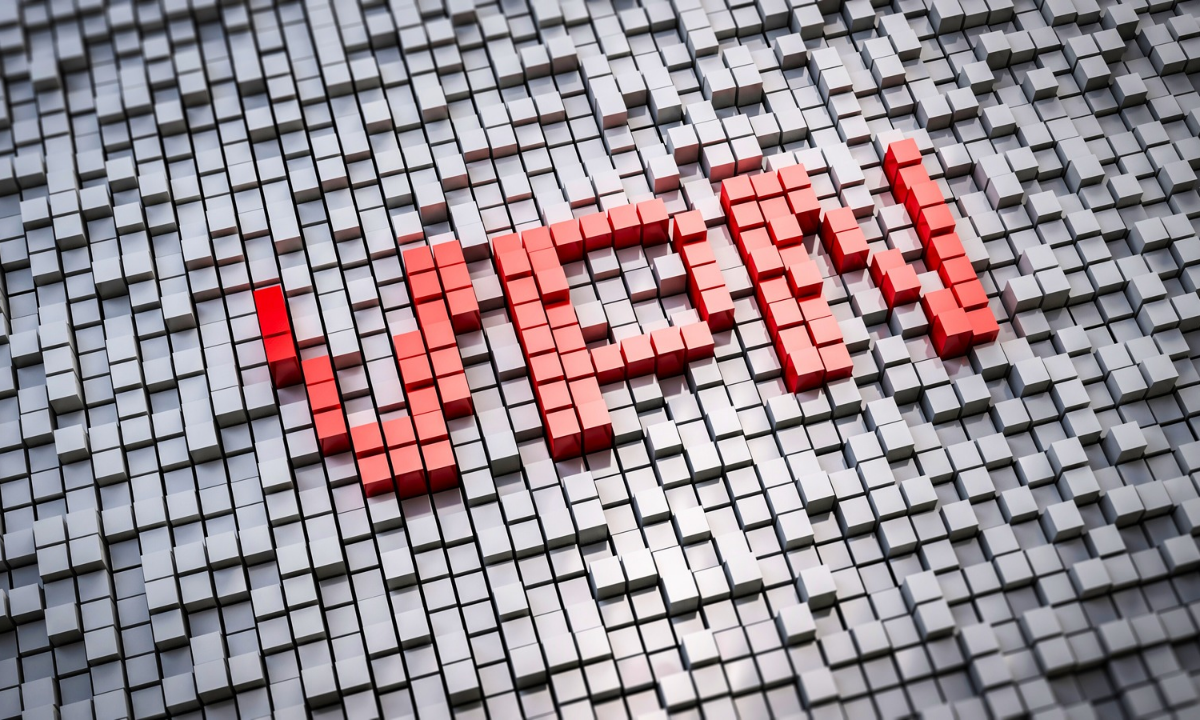You go to a theater where they advertise free internet access. While waiting, you decide to connect to their free Wi-Fi and use your mobile phone to read something.

At that moment, your manager calls you and says, “I urgently need some information. Check your email immediately.”
You reply, “Sure, I’ll check it right away and send a response.” You then quickly try to open your email service on your phone.
Wait a moment. Your phone is now connected to public Wi-Fi. If you access your office email or send a response while connected to this public network, others could potentially spy on it or steal sensitive information. This could create serious problems for you or your organization.
How is this possible? Doesn’t your phone directly connect to your company’s email server? How can someone else see it?
Not everyone can see your data. However, individuals who understand how data transfers happen on public networks can easily intercept your information. In fact, there are cybercriminals who specifically lurk on public networks, waiting for opportunities like this.
The only way to address this issue is to create a private network within the public network you’re using. This ensures that any data you exchange remains inaccessible and secure from others. The technology that makes this possible is called a Virtual Private Network (VPN).
By installing VPN software on your laptop or phone, it creates an encrypted private path between your device and the VPN server. Once this connection is established, any data you send is routed through this secure channel to the VPN server, which then forwards it to its intended destination.
For example, if you send your password to your bank, the VPN encrypts (or scrambles) the password first. This encryption makes the data unreadable to anyone who might try to intercept it. The encrypted password is sent securely through the private path to the VPN server, where it is decrypted and sent to the bank. If the bank sends a response, it follows the same secure process back to your device. People monitoring the public network cannot see or make sense of this data.
In today’s world, where online data theft is on the rise, organizations strongly recommend that you never send sensitive information without using a VPN.
Many people now use VPNs not just for official work but also for general internet usage to ensure their privacy and security.